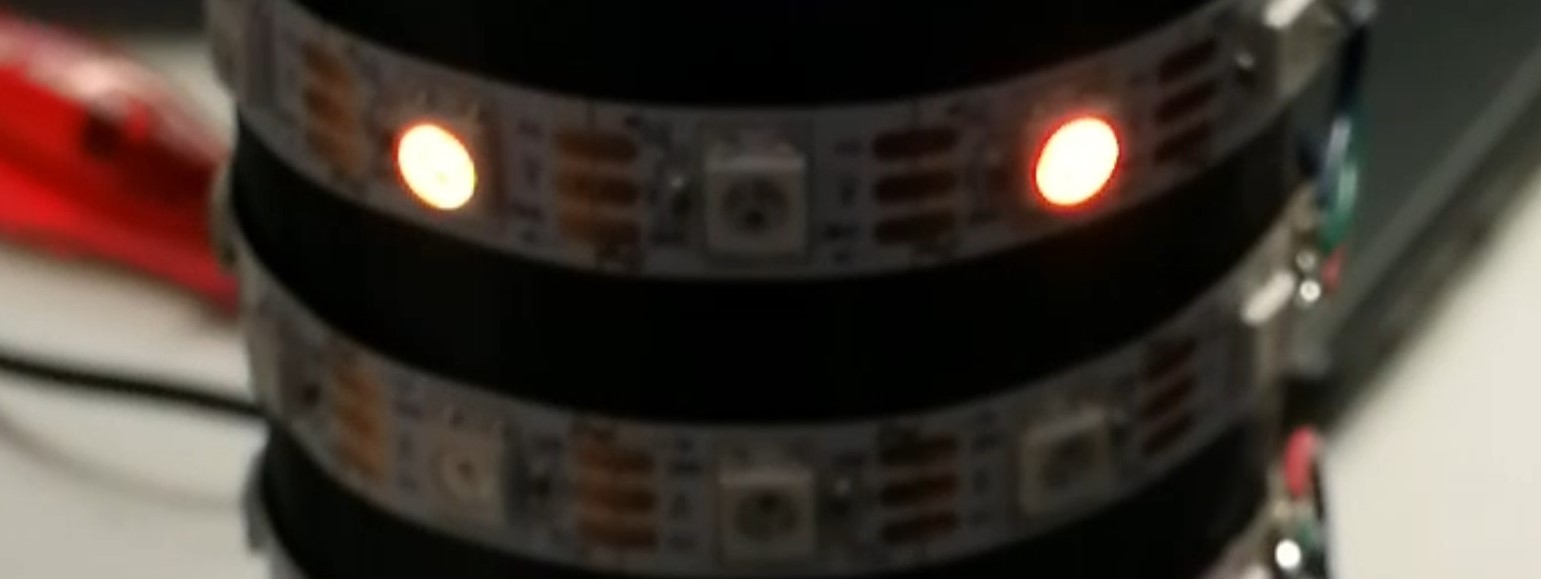
Please note! Course description is confirmed for two academic years, which means that in general, e.g. Learning outcomes, assessment methods and key content stays unchanged. However, via course syllabus, it is possible to specify or change the course execution in each realization of the course, such as how the contact sessions are organized, assessment methods weighted or materials used.
LEARNING OUTCOMES
Knowledge
After completing the course, the students are able to identify key differences and similarities between engineering and design work. They can also explain the key phases of design process with appropriate working methods and tools.
Experience
After completing the course, the students will have an experience of completing a complete concept design project in a team. They have experience of conducting context studies, interpreting context study materials, generating concept alternatives, specifying a design conceptm conducting user tests with a prototype, and presenting a design concept. They have also experience of writing reflective learning diary as well as participating in design critique.
Skills
After completing the course, the students are able to conduct a basic concept design project for a simple electronic product in a team. They are able to present a design concept with contextually grounded arguments.
Credits: 5
Schedule: 08.09.2020 - 03.12.2020
Teacher in charge (valid 01.08.2020-31.07.2022): Jussi Ryynänen, Kimmo Silvonen, Salu Ylirisku
Teacher in charge (applies in this implementation): Jussi Ryynänen, Kimmo Silvonen, Salu Ylirisku
Contact information for the course (applies in this implementation):
CEFR level (applies in this implementation):
Language of instruction and studies (valid 01.08.2020-31.07.2022):
Teaching language: English
Languages of study attainment: English
CONTENT, ASSESSMENT AND WORKLOAD
Content
Valid 01.08.2020-31.07.2022:
The course covers the topics of what is design, the design process, design methods, field studies, sense making, sketching, prototyping, and presenting. The course activities include project work, lectures, lab exercises, and reflexive learning diary keeping.
Assessment Methods and Criteria
Valid 01.08.2020-31.07.2022:
Presentations, documentation, diaries, prototype, and teamwork are reviewed according to criteria explicated in detail during the course. Each of these areas will be assessed on scale 0-5.
Workload
Valid 01.08.2020-31.07.2022:
Contact teaching 32.5 hours, attendance compulsory
Teamwork 63 hours
Independent work 40 hours
DETAILS
Study Material
Valid 01.08.2020-31.07.2022:
Course book: Norman, D. A. (2013). The design of everyday things (Revised and expanded edition). Basic Books.
Substitutes for Courses
Valid 01.08.2020-31.07.2022:
ELEC-C9800
Prerequisites
Valid 01.08.2020-31.07.2022:
-
SDG: Sustainable Development Goals
3 Good Health and Well-being
9 Industry, Innovation and Infrastructure
12 Responsible Production and Consumption
13 Climate Action
